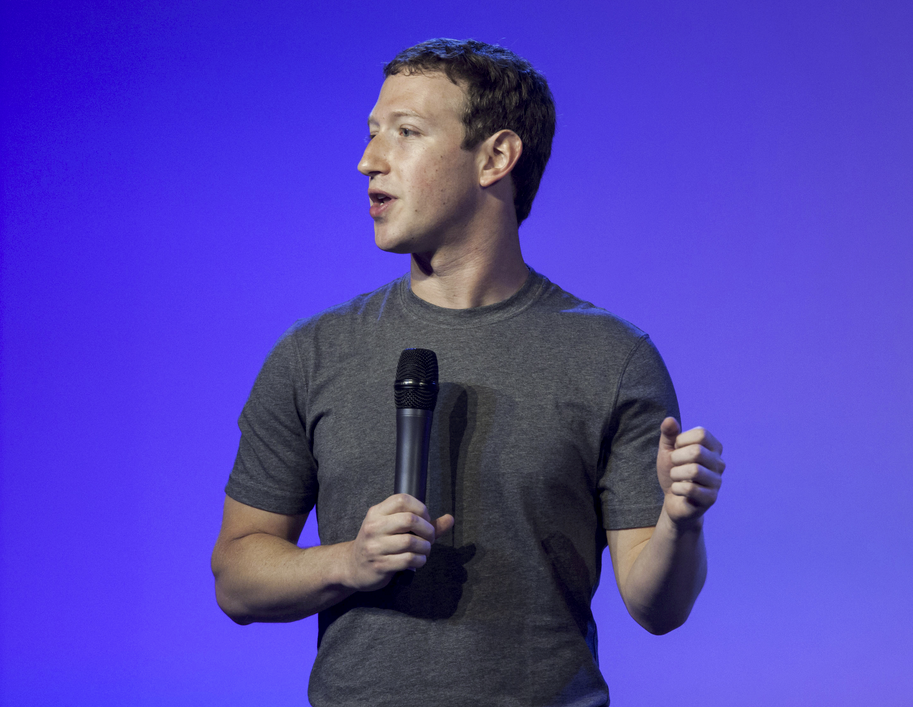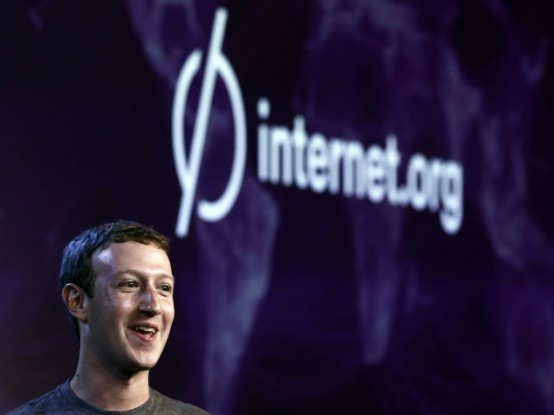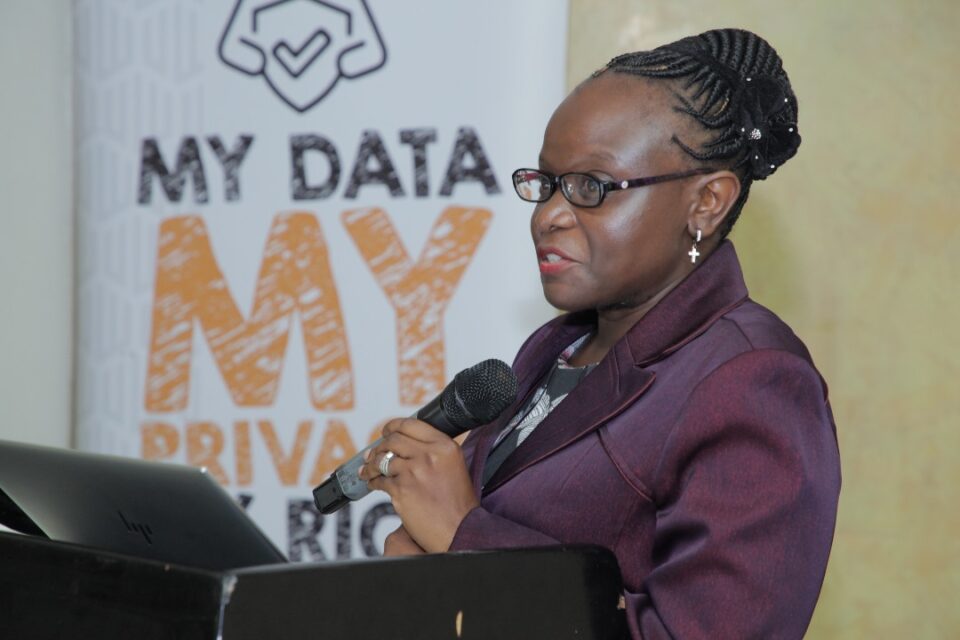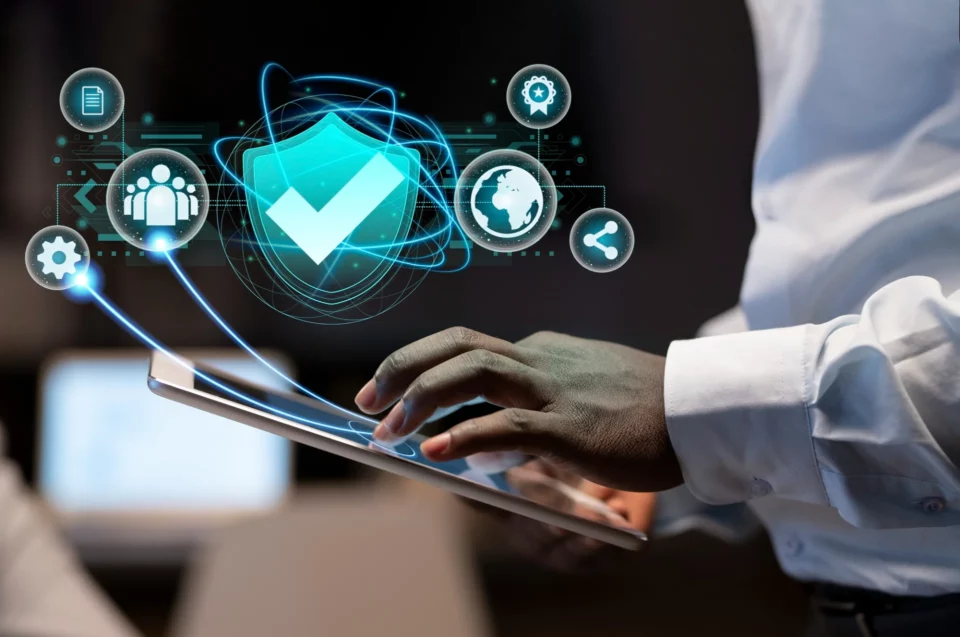Internet.org to Africa; it will promote interests of inventor and endanger citizens lives.

By the Unwanted Witness
When Mark Zuckerberg, the founder and CEO of Facebook announced the launch of internet.org on 21st August 2013, such a development was seen as a change maker in the sector and brought smiles on faces of many citizens in Africa. A continent with the highest number of people who are less connected. But, deeply looking into this initiative, its not coming to solve Africa’s problems related to Internet access instead it will endanger lives.
According to Alliance for Affordable Internet (A4AI), there is a universal recognition of the benefits of Internet access for all countries; over 60% of the world’s population is still not online. Regional offline rates range from an average of 50% of those living in Latin America and the Caribbean, to 67.6% in Asia, and 81% in Africa.
For Africa, there are many reasons as to why such a big number is still offline compared to other regions due to its economic and political contexts. While we need support to overcome some of these challenges, such support has to directly contribute to the desired change. For re-instance, we would like to have an internet which promotes secure and open, promotes full access to information online, reduce on the digital divide internet that would contribute full participation of citizens in any matter including participating in governance among others.
Thus the launch of INTERNET.ORG for the owner’s interests is good and seeks to close Internet accessibility gaps. It’s premised on bringing Internet access to the developing work to which Uganda is among. The promised service shall entail the provision of free-to-use mobile apps that enable users access free Internet. It is reaching out to the unreached, removing and closing the geographical gaps between rural and urban, developing country and developed country by expanding Internet access.
This however does not come on a clean road. Below are some of the reasons as to why internet.org is not coming to solve Africa challenges to Internet access but will endanger citizens’ lives in Africa.
Net-Neutrality – INTERNET.ORG is aimed at providing privilege or priority to particular content made accessible to Internet users. A mere fact that Internet.org and its partners to first approve what to be accessed is an attack to the principles of Net-neutrality. The restrictions or inability to access certain content is contrary to the principle of an open Internet and thus defeats the spirit of INTERNET.ORG.
Also, restrictions under INTERNET.ORG also are contrary to the principles and the notion of freedom of expression and privacy. The governments have grossly abused expression and Privacy and non-state actors in Africa and therefore, Internet.org is joining the list of tormentors because Facebook appears to be putting itself in a position whereby African governments could pass a decree to restrict using other social media platform or internet services other than internet.org when they intend to block certain content in their countries and this will however limit the citizen’s participation in the issues of governance & accountability in their own countries. The company should not take on this added responsibility and risk by creating a single centralized checkpoint for the free flow of information. Africa and Uganda in particular as a developing country or economy does not need some Internet but rather needs full open access to the Internet to stir development, access to information and contribute fully to the global debate.
Facilitate Government Surveillance, infringement of people’s Privacy: Most applications, websites and all other information will all be accessed through non-secure, non-encrypted sites or servers prone to eavesdrop by the government. If users must log in for access, block individual users. Facebook would find itself mediating the real surveillance and censorship threats to politically active users in restrictive environments.
Facebook’s privacy policy does not provide adequate protections for new Internet users, some of whom may not understand how their data will be used, or may not be able to properly give consent for certain practices. In a country like Uganda where there are a number of cyber laws intended to curtail online presence such as the Regulation of Interception of Communications Act (RICA) which grants excessive powers to government to tap any communication contrary to privacy constitutional guarantees but also the international human rights laws and the Computer Misuse Act which has broad definition of a computer among other laws, In the same context Uganda and other East African member states do not have any clear laws on privacy and Data protection online given the lack of statements to the contrary, it is likely Internet.org collects user data via apps and services. There is a lack of transparency about how that data is to be used by Internet.org and working under such legal regime, we suspect Internet.org will be used by governments as a tool under which citizens’ information will be shared against their will.
Online Security loopholes: INTERNET.ORG provides only a handful of applications and services, making it easier for governments and malicious actors to scrutiny user traffic. The program prohibits the use of TLS (Transport Layer Security), Secure Socket Layer (SSL) or HTTPS encryption by participating services. This inherently puts users at risk, because their web traffic will be vulnerable to malicious attacks and government eavesdropping. The implementation of Internet.org in Africa will threaten the security of users especially the Human Rights Defenders, political party activists and the LGBTIQ community among others.
Foreign Internet for Ugandan Users; The economic boom and revolution in connectivity that the Internet created in developed countries needs to be shared equally with the millions of citizens in Africa. Giving users a taste of connectivity before prompting them to purchase pricey data plans — fails to acknowledge the economic reality for millions of people who can’t afford those plans. These new users could get stuck on a separate and unequal path to Internet connectivity, which will serve to widen — not narrow — the digital divide. Promotion of local content by Facebook developers doesn’t exist as most applications are foreign which makes it become a sole American Internet to the Ugandan users.
The Unwanted Witness thus reiterates its earlier and the position of other-like minded organizations contained in an open letter to Mark Zuckerberg[1] to articulate the concerns about the current structure and implementation of INTERNET.ORG to consider supporting and advocating for safeguarding the principles of net neutrality, privacy, security and other user rights in its discussions with national governments and regulators, while also applying these standards to its business initiatives.
The Internet is such an important thing for driving humanity forward. It should certainly be a goal to connect every person on the planet but also valuing each one’s privacy & also observing net neutrality rules.





